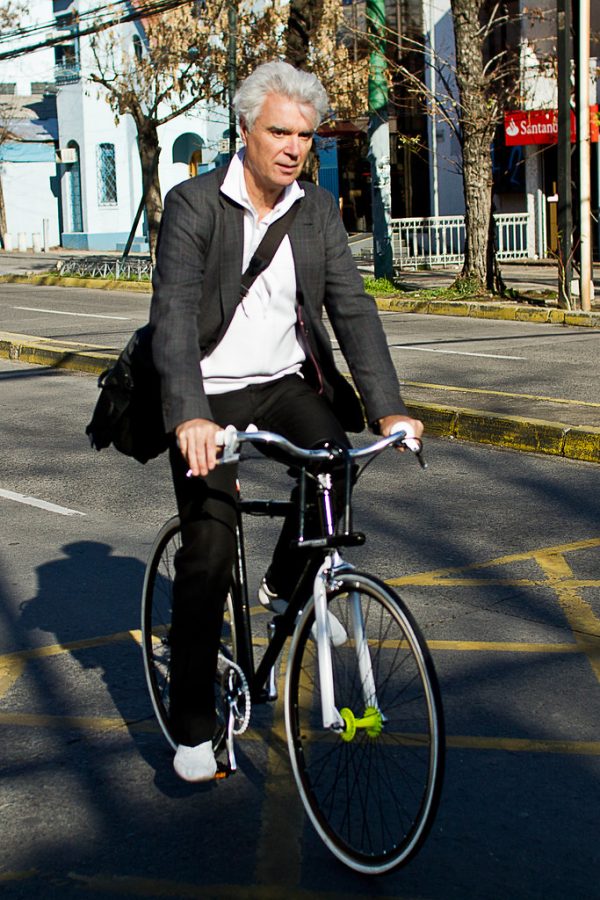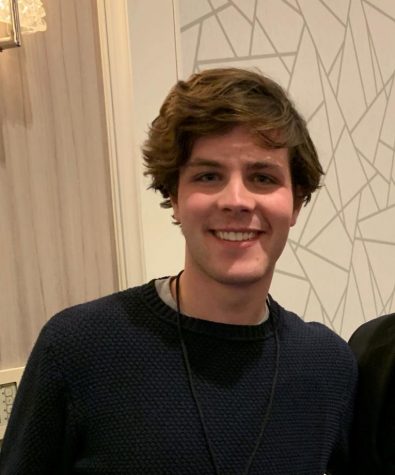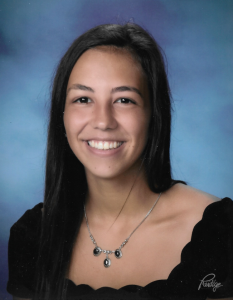American utopia and realistic optimism
David Byrne Rides His Bicycle. By Claudio Olivares Medina via The Creative Commons
Oct 28, 2020
I’m still not so sure if it was musical theater or a film or a concert —or maybe something else entirely. But David Byrne’s “American Utopia” was profoundly moving. Featuring music from Byrne’s former band The Talking Heads, the performance had a run on Broadway before it was shuttered by the COVID-19 pandemic. But luckily for us, just before that, it was put to film by the immortal Spike Lee.
The performance opens with Byrne sitting alone at a table on an otherwise empty stage holding a model of a human brain. A striking image. What follows is an hour and a half of enchanting music interspersed with heartfelt and winding monologues.
It’s easy to get distracted by Byrne’s resonant vocals and his band’s upbeat playing. But underneath the showmanship and spectacle lies a message desperately needed right now.
The performance was always going to be profound even before the pandemic and racial awakening of last summer. But, in the context of these things it assumes an almost prophetic status. Byrne appeals to his artform “to make sense of a world that doesn’t make sense.”
The choreography of the performance demonstrates this better than anything else. During each of the monologues, the band is completely still as Bryne speaks in a slightly anxious tone. Then, as soon as the music continues, the stage lights up and is full of dancing and drum lines, as if saying that art can bring us joy and togetherness in hard times.
But what I think makes Byrne’s performance so brilliant is that he isn’t trying to use art as escapism. On the contrary, the climax of the entire performance is a deeply moving tribute to those killed at the hands of police violence, featuring the family members of those killed. “American Utopia” doesn’t provide a distraction from the ills of the world, rather it insists that we stare intently at those ills and see the humanity in them.
After this pounding, climatic tribute set to Janelle Monaè’s “Hell You Talmbout,” Byrne puts away the instruments and delivers a heartrending a cappella rendition of “One Fine Day.” I don’t think the fullness of his vision becomes clear until this very last song.
He sings: “I can see those tears, every one is true … We can use the stars, to guide the way / It is not that far, the one fine day.” He acknowledges the pain on display in the preceding tribute but, rather than saying that it’s all going to be okay, as we might expect him to say, he implores us to see the pain in the world right now and be spurred by it; fixate on it like star-bound celestial navigators searching for justice. When we do, we might soon arrive at that one fine day.
Byrne’s art is a long, loving look at humanity or, as he lightheartedly puts it, “Yeah, looking at people … that’s the best.” What he’s done is found a way to look at humanity’s flaws in a compassionate way. He walks that fine line between ignoring the problems of the world and becoming despondent because of them. It’s a refreshing balance. Optimistic but not unrealistic. Profound but not pompous. Loving but not naive. And it’s utterly contagious.
“American Utopia” is streaming now on HBO. Watch it if you can.













